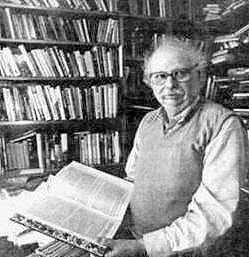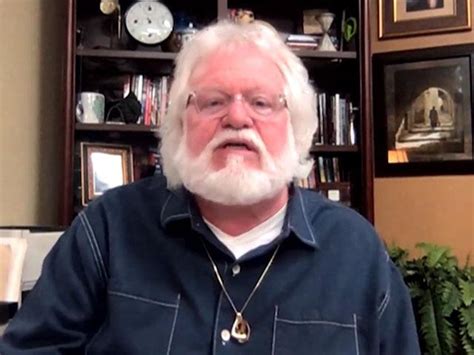A Quote by Judith Martin
If it's against state law, it's generally considered a breach of Etiquette.
Related Quotes
Etiquette is about all of human social behavior. Behavior is regulated by law when etiquette breaks down or when the stakes are high - violations of life, limb, property and so on. Barring that, etiquette is a little social contract we make that we will restrain some of our more provocative impulses in return for living more or less harmoniously in a community.
You can deny all you want that there is etiquette, and a lot of people do in everyday life. But if you behave in a way that offends the people you're trying to deal with, they will stop dealing with you...There are plenty of people who say, 'We don't care about etiquette, but we can't stand the way so-and-so behaves, and we don't want him around!' Etiquette doesn't have the great sanctions that the law has. But the main sanction we do have is in not dealing with these people and isolating them because their behavior is unbearable.
Those who refuse to support and defend the state have no claim to protection by that state. Killing an anarchist or a pacifist should not be considered "murder" in a legalistic sense. The offense against the state, if any, should be "Using deadly weapons within city limits," or "Creating a traffic hazard," or other misdemeanor.
Law itself is either suspended, or regarded as an instrument that the state may use in the service of constraining and monitoring a given population; the state is not subject to the rule of law, but law can be suspended or deployed tactically and partially to suit the requirements of a state that seeks more and more to allocate sovereign power to its executive and administrative powers. The law is suspended in the name of "sovereignty" of the nation, where "sovereignty" denotes the task of any state to preserve and protect its own territoriality.
It is my considered opinion that the State of Israel is a racist state in the full meaning of this term: In this state people are discriminated against, in the most permanent and legal way and in the most important areas of life, only because of their origin. This racist discrimination began in Zionism and is carried out today mainly in co-operation with the institutions of the Zionist movement.
The first breach was in My Garden, and because you were willing to stand in the coldness that that breach had caused from last season, I now am producing blessings in your midst. Now the next breach is linked with the provision that needs to be unlocked. Therefore, all God-robbing spirits will be broken.
I was just a seventeen-year-old kid, going to Times Square to participate in this left-wing demonstration. The signs were for peace and justice and so on. But then I was attacked by police mounted on horseback and on foot. Before I knew it, I was clubbed and knocked unconscious. So it gave me a radical view of the United States, a critical view of the role of the state and of the instruments of the state - the police, the Army, and so on - as not being neutral at all in political battles, but being generally against workers and against striking people, against dissenters of all kinds.
If it comes to a question of law, the charges they brought against me - the Espionage Act - is called the quintessential political crime. A political crime, in legal terms, is defined as any crime against a state, as opposed to against an individual. Assassination, for example, is not a political crime because you've killed a person, an individual, and they've been harmed; their family's been harmed. But the state itself, you can't be extradited for harming it.































